Mutation rate of Covid19 virus is at least 50 per cent higher than previously thought

New study from the Milner Centre for Evolution shows the virus that causes Covid19 mutates almost once a week.
The community is responding to the coronavirus in numerous ways - from practical, direct assistance to those on the frontline including here in Bath, to advice and resources for those stuck at home in isolation. Here's a summary of activity so far.

New study from the Milner Centre for Evolution shows the virus that causes Covid19 mutates almost once a week.

Research published in Royal Society Open Science from Lorraine Whitmarsh finds that people have judged COVID risks by the magnitude of the policy response.

Bath's Institute for Mathematical Innovation is offering a series of free workshops to help aid post-pandemic economic recovery.
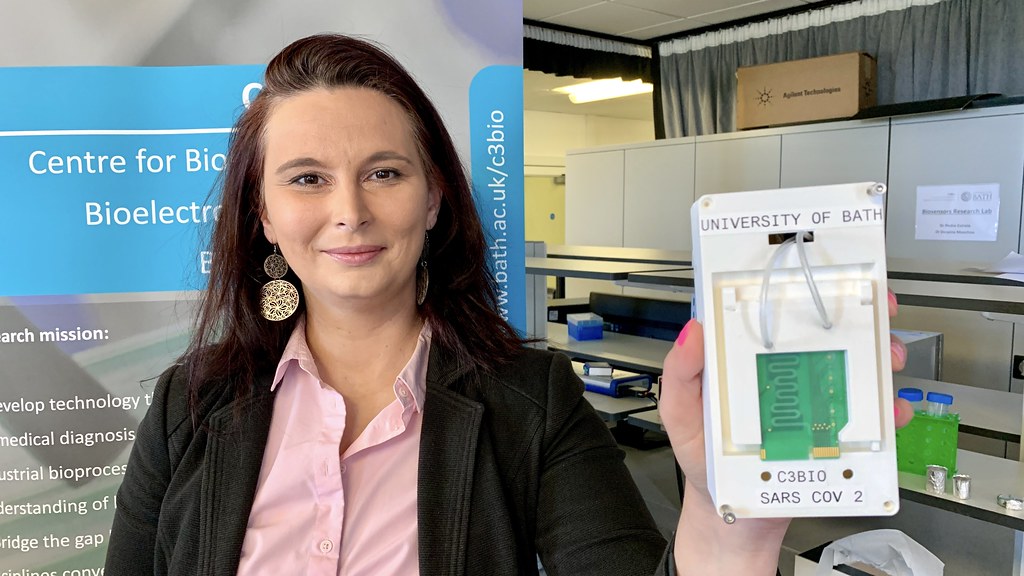
New smartphone-sized test device uses innovative ‘lab on chip’ technology for rapid, accurate results
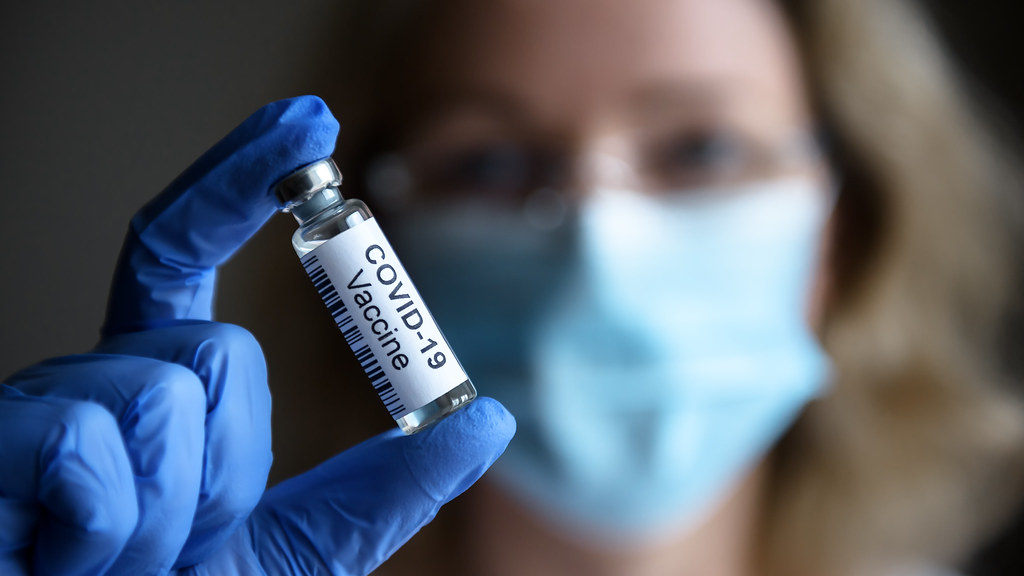
Data collection and computer simulation help NHS managers improve the efficiency of Covid-19 vaccination process and prevent avoidable disruption.
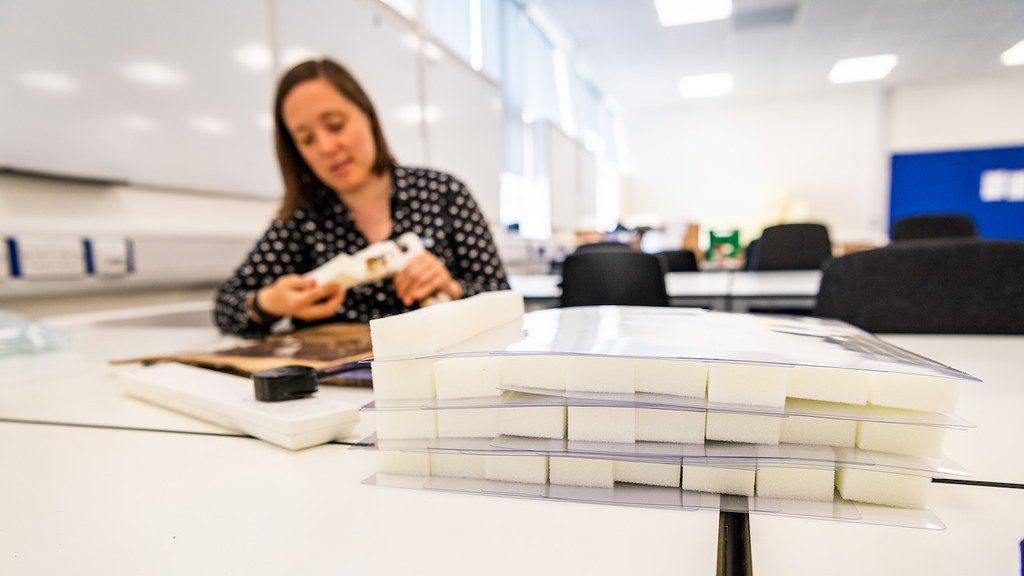
Bath engineering staff create 200k pieces of PPE during six-month project
Through our social media channels our researchers are reflecting on different aspects of the crisis from their different disciplines. Watch these short videos here and subscribe to our YouTube playlist to be updated when more are published online.
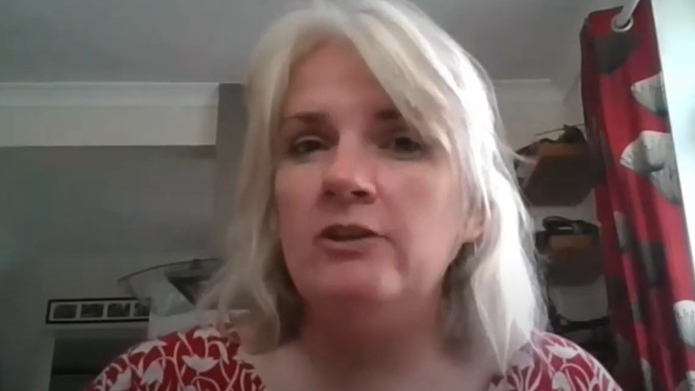
Dr Kate Woodthorpe from our Centre for Death & Society looks back on a tumultuous year.
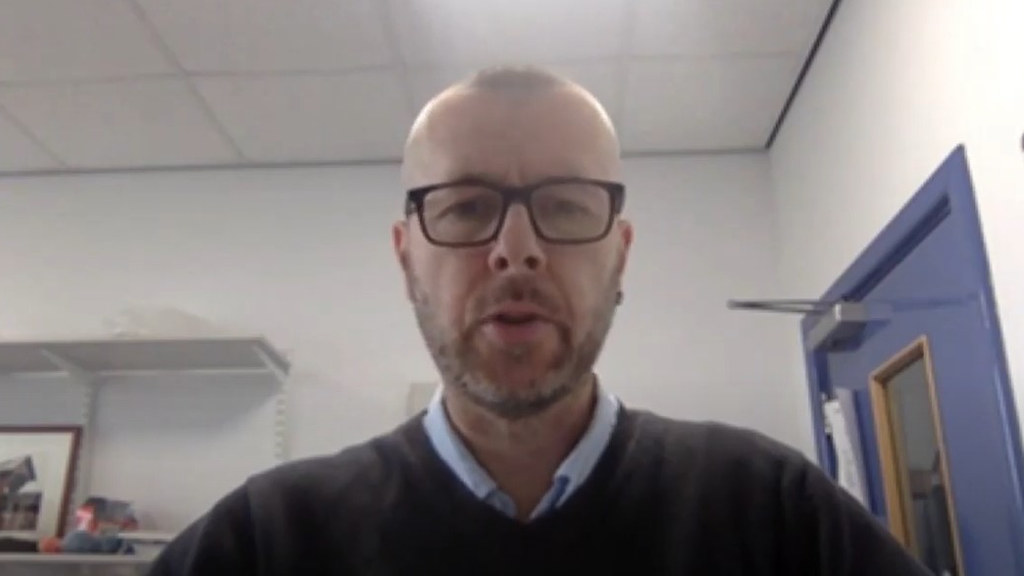
Dr Andrew Preston, Milner Centre for Evolution, talks about the set-up in local schools to enable testing for pupils.

Professor Lorraine Whitmarsh, Director of the Centre for Climate Change & Social Transformations, reflects on the impact of the pandemic on the environment.

Dr Asel Sartbaeva talks about vaccine developments and the challenges of cold store.
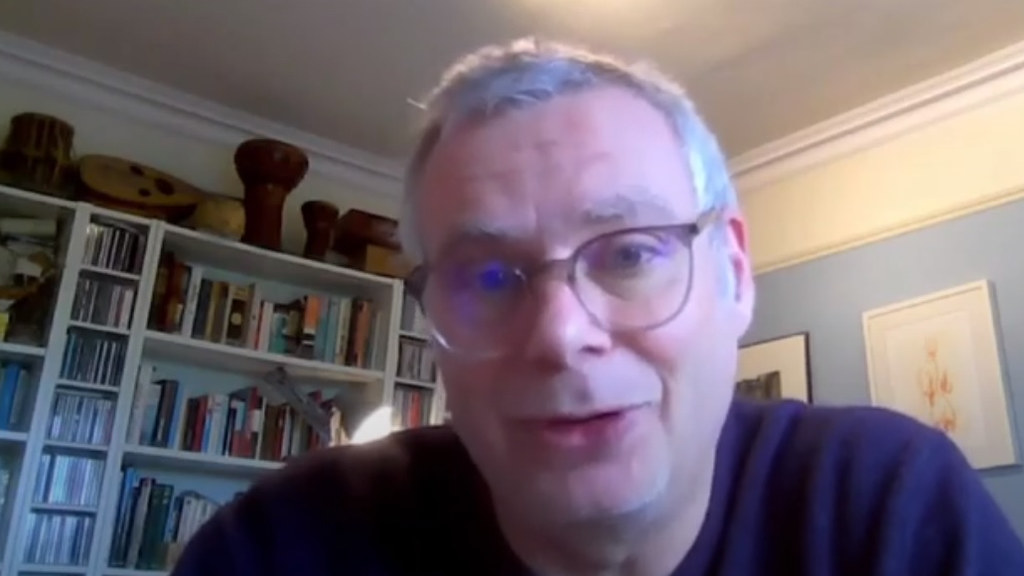
Professor Ed Feil from the Milner Centre for Evolution talks about the development of coronavirus and its potential mutations.
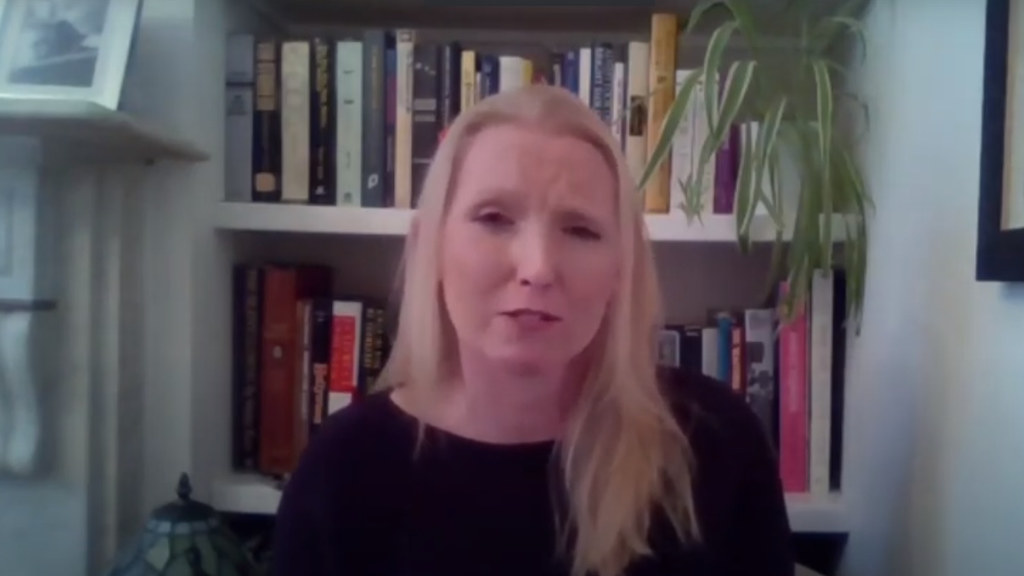
Bath clinical psychologist Dr Jo Daniels talks about the toll on mental health from covid uncertainties this year and ways to feel better.
Drawing on their research and expertise across different disciplines, University of Bath academics have been in high demand by media outlets and others in helping the public make sense of the crisis. Here's a snapshot of activity so far.

Dr Kit Yates writes for the Conversation a year after the first UK COVID lockdown.

Blog: Dr Matteo De Tina and Dr Ian Corrick examine the macroeconomic policy response to the pandemic in the UK and its future implications.
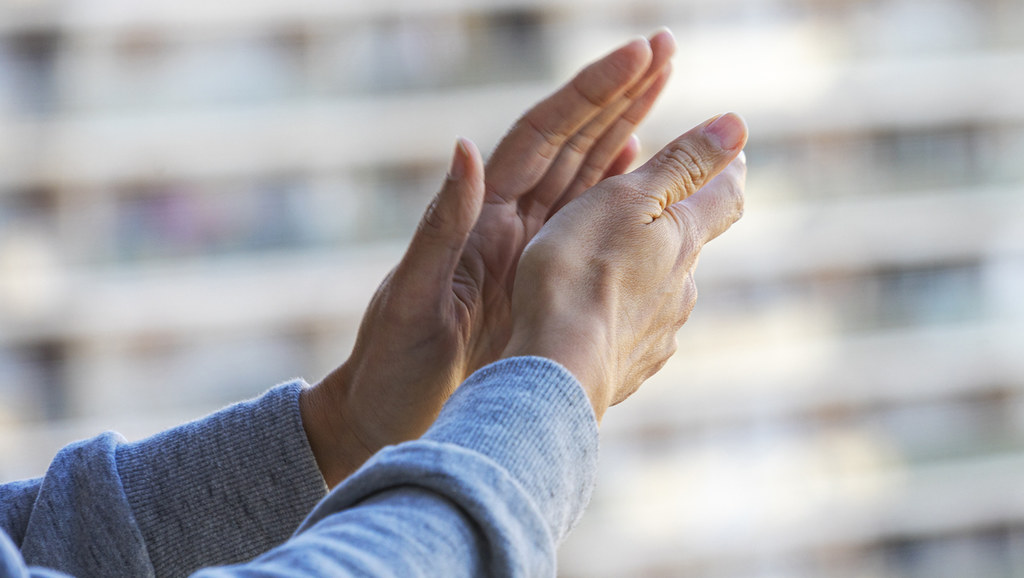
Paul Gregg writes on how we move beyond the symbolic ritual of #clapforcarers towards future policies that truly value our key workers with higher wages.

New Conversation article from Dr Kit Yates.
Dr Kate Woodthorpe from the Centre for Death & Society writes for The Conversation.
Dr Andrew Preston, Reader in Biology and Biochemistry, on a swine flu virus circulating in China with the potential for pandemic spread.
Recorded online events from the University in relation to covid and our responses.

Podcast: Dr John Troyer, Dr Chao Fang, Dr Jo Wilson and Dr Paula Smith discuss end of life care and bereavement support amid COVID-19.
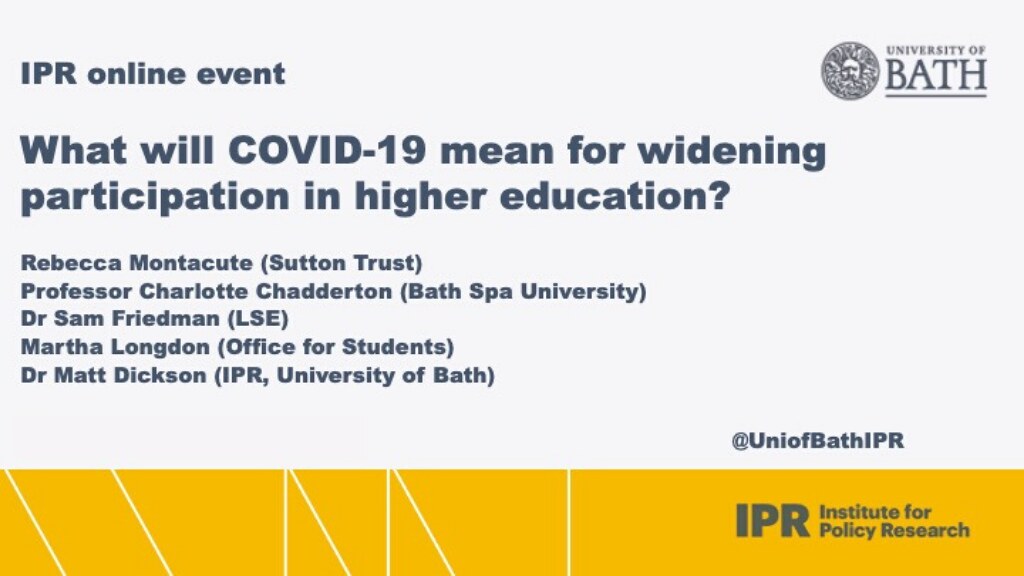
Listen again to Matt Dickson, Rebecca Montacute, Charlotte Chadderton, Sam Friedman and Martha Longdon discuss COVID-19 and widening participation.
Asel Sartbaeva (Chemistry), Ben Ainsworth (Psychology), Andy Preston (Milner Centre) and Brad Evans (Chair, PoLIS) consider the science behind the pandemic.
David Galbreath (PoLIS), Jennifer Thomson (PoLIS), Nick Pearce and Brad Evans (Chair, PoLIS) discuss the many social and political implications of the virus.
Bruce Morley (Economics), Eleonara Fichera (Economics), Andy Crane (Management) and Brad Evans (PoLIS, Chair) discuss the economics of COVID-19.
Hear from Caroline Hickman and Elouise Mayall on the pressing need for action on climate change and some of the psychological impacts the pandemic is having.
If you are interested in finding out more about some of these proactive initiatives from members of our community, please contact the University Press Office.